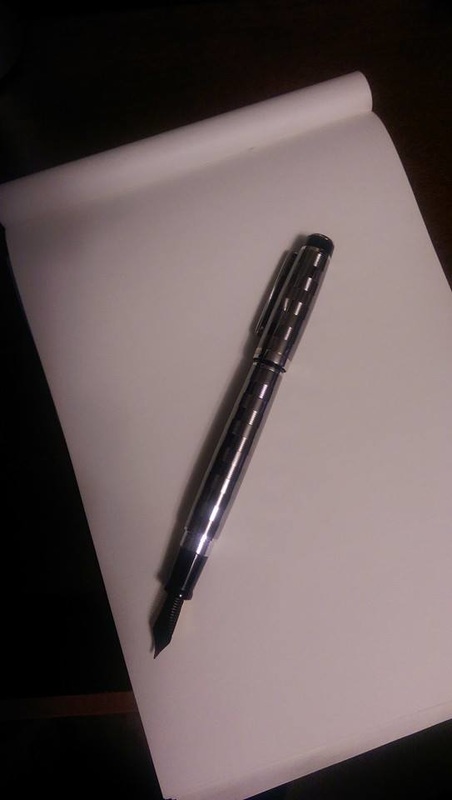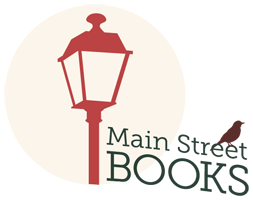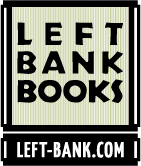
New Year’s Day is approaching and I have allocated precious little time to considering the age old tradition of making resolutions and then not following through on them. I am definitely a list person; I make them all the time. I fill up my list and somehow some things always end on my next list as well. Needless to say I don’t always complete my much needed or wanted activities, but without these lists I wouldn’t accomplish many tasks. I feel like the resolutions we make are much like these list; likewise, I feel like we get as much accomplished in pretty equal proportions.
First, we humans like to be able to start over and New Year’s Day offers everyone the chance, or at least the idea of a chance to start over again with a direction they would prefer; marvelous. Second, our language gives us so many opportunities to ponder everything we say and affect what we do in ways most don’t take the time to consider. Personally, I love to, on occasion, stop to consider a word I have used my entire life and try to understand what it truly means, how it came about, and revel in my discovery of meanings I have missed, that should have been so obvious that it usually makes me laugh at myself.
This brings me to considerations about resolutions and a thoughtful conversation I had with friends not too long ago. With these remarks now represented, we can discuss my conversation with a better understanding. Whilst having stimulating conversations about what I cannot now recall, but it may have had to deal with my plans, our plans, or some missed opportunity; the use of the word should was questioned in the course of a statement made and it was proposed that could would be the more appropriate expression. That was just the beginning of the very deep consideration of what we should or could do. If I remember correctly, and that could be questionable, I believe it was theorized that there is no should, only could; this was undoubtable followed with the ‘there is no spoon’ analogy, thanks to The Matrix. As a side note, this warmed my heart due to a movie reference being made, which for me is the modern day equivalent of sitting around listening to Plato grace us with mind blowing philosophy. This has now become a thing and a reminder between this small group of the simple yet freeing idea of how a simple statement gets turned on its head with a slight change. Anytime someone says should in a sentence, they are reminded that they could have instead; that has made all the difference.
Consider, if every time you say you should have, you change it to you could have; the opportunity produced is remarkably different. Should implies a missed chance meaning you chose wrongly, as your choice was a poor one which is likely not true; where could reminds us of the simple possibility of our choice, one not being more correct than the other. I often find myself saying I should have followed by any number of events, but now I catch myself more often, realizing that if I had said I could have, I understand the choice made, the prospect of a different outcome, and garner greater understanding of what life offers. The idea is far more liberating and positive in the could world, than the far more negative should world; we make decisions every second based on our needs, wants, and general convoluted logic that derives from our synapsis connections that may take strange paths. The next time you catch yourself reprimanding yourself with a should statement, try to retrain yourself to be a could person and see if your life changes for the better or at least you see the path more clearly; whether it is the one behind you or the one before you. Remember, there is no spoon…I mean should.
First, we humans like to be able to start over and New Year’s Day offers everyone the chance, or at least the idea of a chance to start over again with a direction they would prefer; marvelous. Second, our language gives us so many opportunities to ponder everything we say and affect what we do in ways most don’t take the time to consider. Personally, I love to, on occasion, stop to consider a word I have used my entire life and try to understand what it truly means, how it came about, and revel in my discovery of meanings I have missed, that should have been so obvious that it usually makes me laugh at myself.
This brings me to considerations about resolutions and a thoughtful conversation I had with friends not too long ago. With these remarks now represented, we can discuss my conversation with a better understanding. Whilst having stimulating conversations about what I cannot now recall, but it may have had to deal with my plans, our plans, or some missed opportunity; the use of the word should was questioned in the course of a statement made and it was proposed that could would be the more appropriate expression. That was just the beginning of the very deep consideration of what we should or could do. If I remember correctly, and that could be questionable, I believe it was theorized that there is no should, only could; this was undoubtable followed with the ‘there is no spoon’ analogy, thanks to The Matrix. As a side note, this warmed my heart due to a movie reference being made, which for me is the modern day equivalent of sitting around listening to Plato grace us with mind blowing philosophy. This has now become a thing and a reminder between this small group of the simple yet freeing idea of how a simple statement gets turned on its head with a slight change. Anytime someone says should in a sentence, they are reminded that they could have instead; that has made all the difference.
Consider, if every time you say you should have, you change it to you could have; the opportunity produced is remarkably different. Should implies a missed chance meaning you chose wrongly, as your choice was a poor one which is likely not true; where could reminds us of the simple possibility of our choice, one not being more correct than the other. I often find myself saying I should have followed by any number of events, but now I catch myself more often, realizing that if I had said I could have, I understand the choice made, the prospect of a different outcome, and garner greater understanding of what life offers. The idea is far more liberating and positive in the could world, than the far more negative should world; we make decisions every second based on our needs, wants, and general convoluted logic that derives from our synapsis connections that may take strange paths. The next time you catch yourself reprimanding yourself with a should statement, try to retrain yourself to be a could person and see if your life changes for the better or at least you see the path more clearly; whether it is the one behind you or the one before you. Remember, there is no spoon…I mean should.


 RSS Feed
RSS Feed